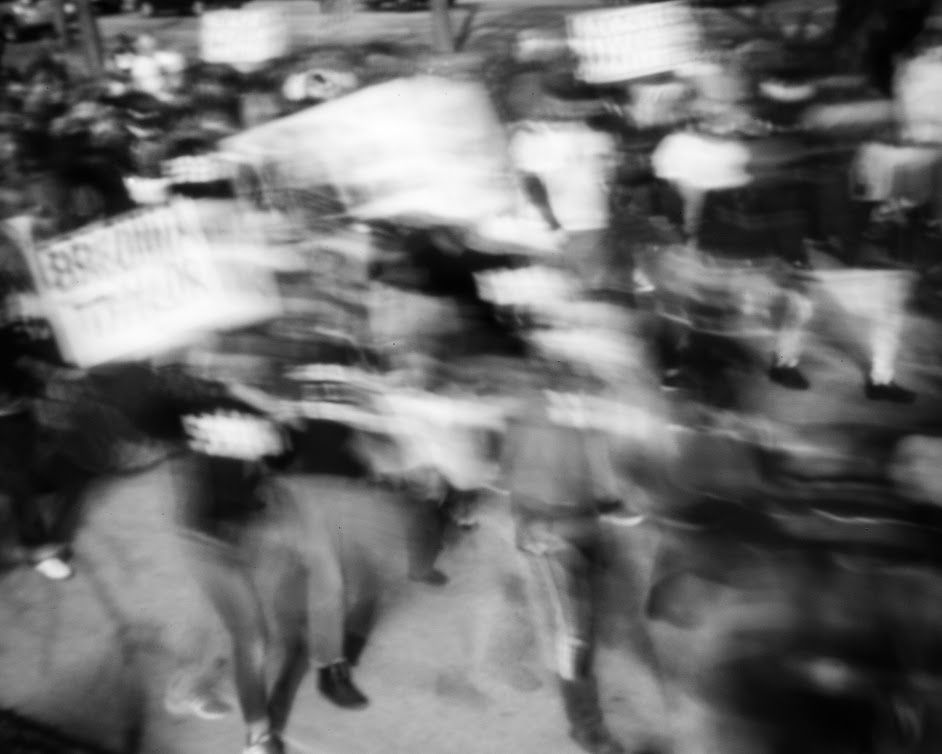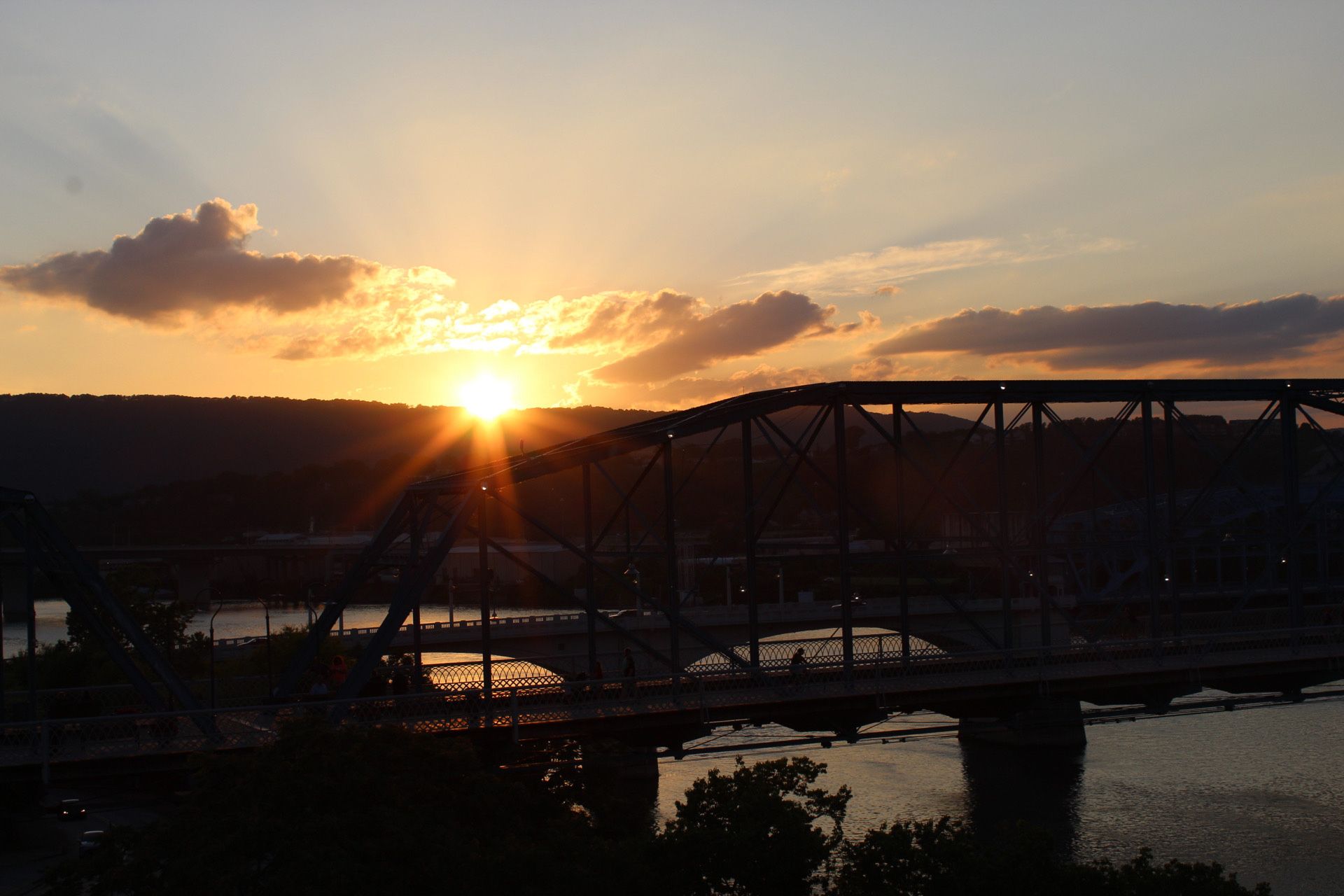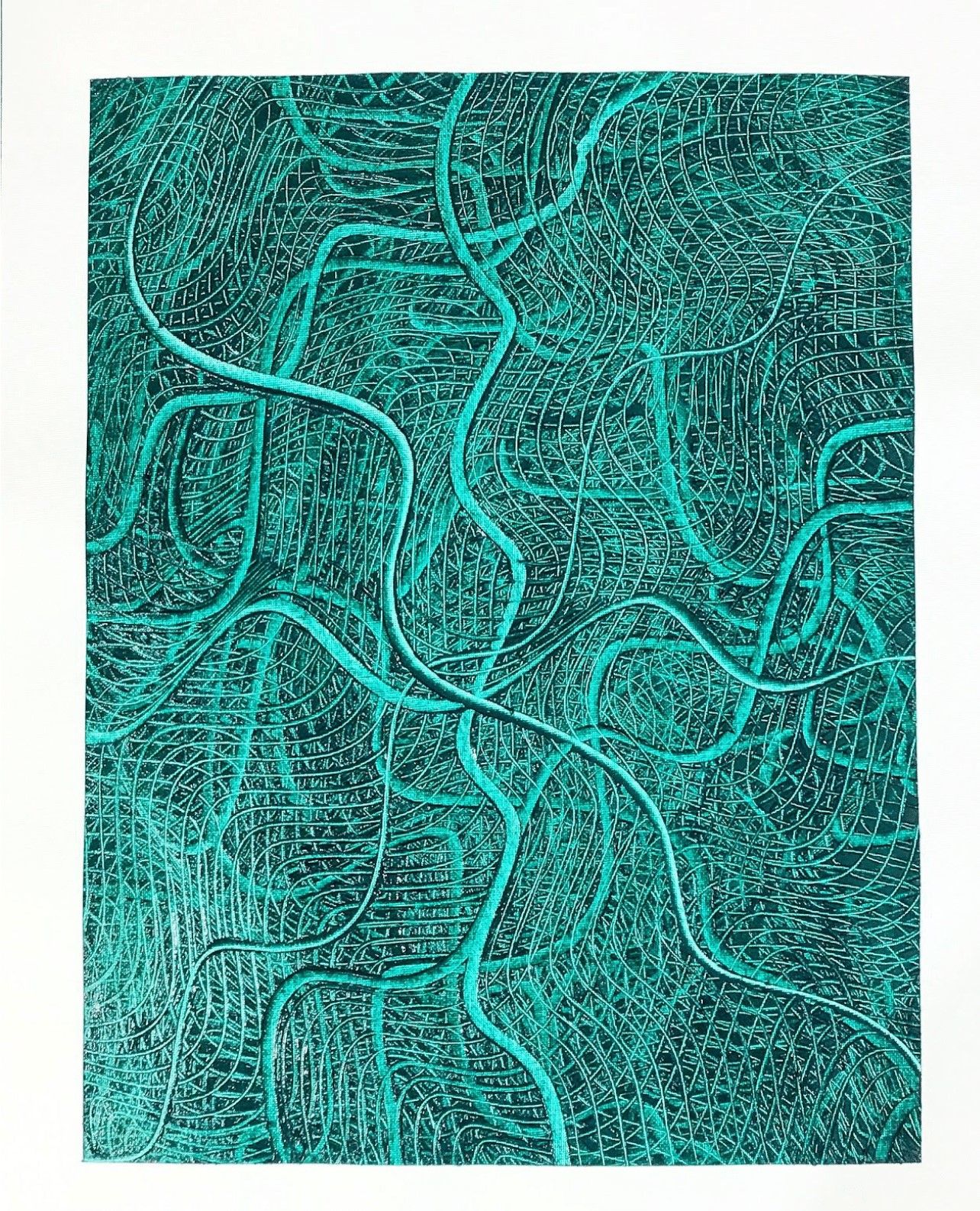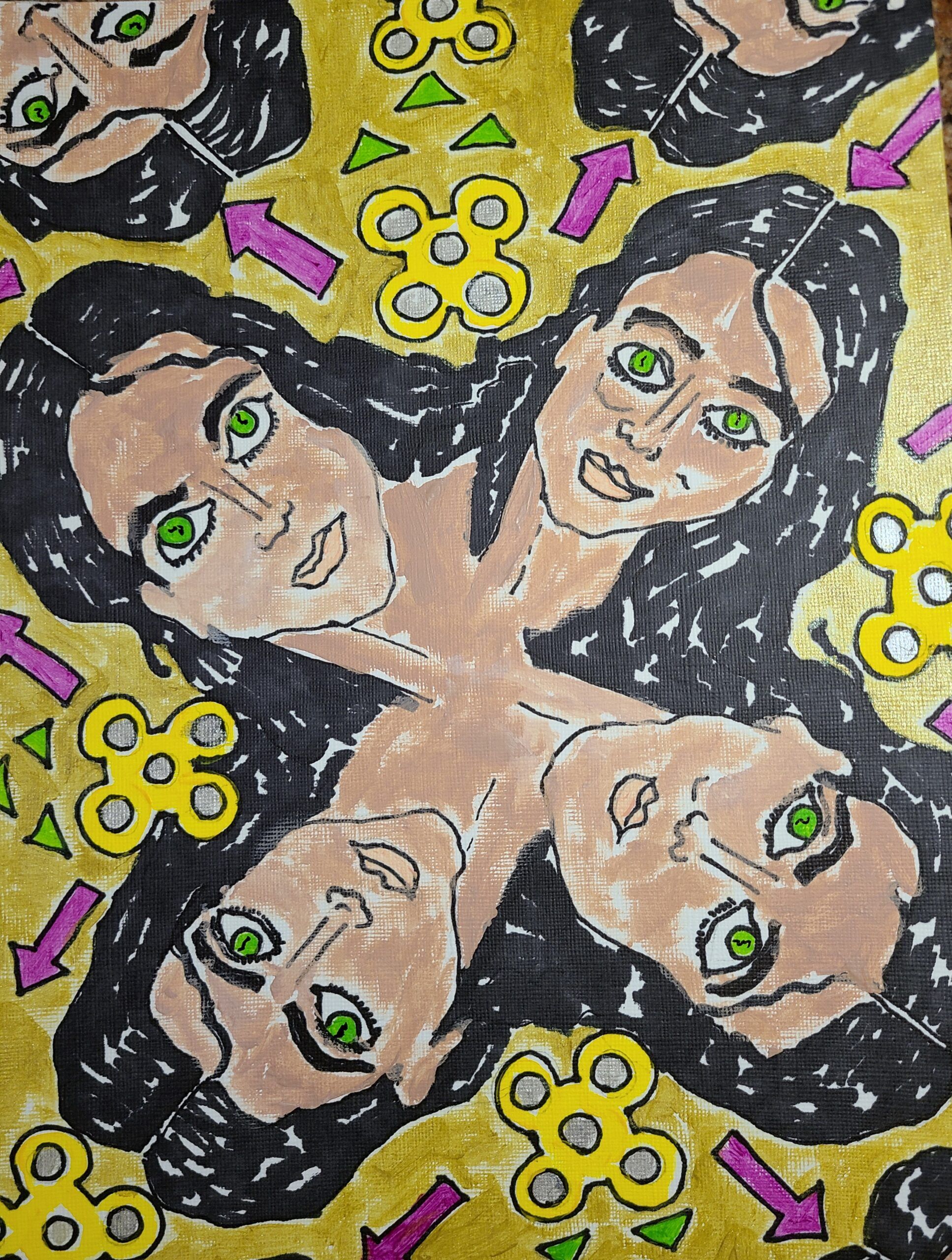Among the Storm
You build a home
among the torrents
I watch you in the deep end.
You were not born
in this storm – it hijacked
You and proliferated, raised
its children in Your lungs
to take the wind out.
A storm isn’t normally
the antithesis to wind.
A storm doesn’t normally
whitewash Tacoma, or the streets
leading from church to home
stalking Manuel Ellis
to take the wind out of his lungs.
A storm doesn’t normally
bring riots, though maybe storms should,
or maybe there shouldn’t have to be
a storm
for us to riot.
In this storm, hail cannons
down like rubber bullets
while forest fires
pepper spray the West.
A thrown water bottle
becomes a line of riot shields
charging into umbrella defenses.
The storm comes from all directions now and
my dog, my house, my street,
my 11th and Pine, my Seattle
does not sleep at night.
How can this be place for home?
You teach me about trees:
how they exchange nitrogen
among root networks,
nourishing one another.
How when danger pierces bark,
chemicals communicate hostility,
floating through the air as if
a smoke signal became pheromones.
How the sturdiest Sitka spruces
stand tall amongst forest fires
and remain alive.
We can do more than simply remain
You tell me. You reach a hand to me
and with gracious gritty grip
pull me along. You take me
to the beach and make me cake.
You tell me this storm is in all of us,
but we can take shelter
in each other.
So we build a home
in a gale-less storm
on this obsidian
edge of time.
We fashion a hull of
thick steel and a Sitka
spruce mast. People
are windless, but You puff
our canvas sails with Your stormed lungs.
We puzzle over 5000 pieces of
I love you
into a painting of a family
with a dog who’s too cute.
Together, we do more
than simply remain
in the space You created for
our home among the storm.




